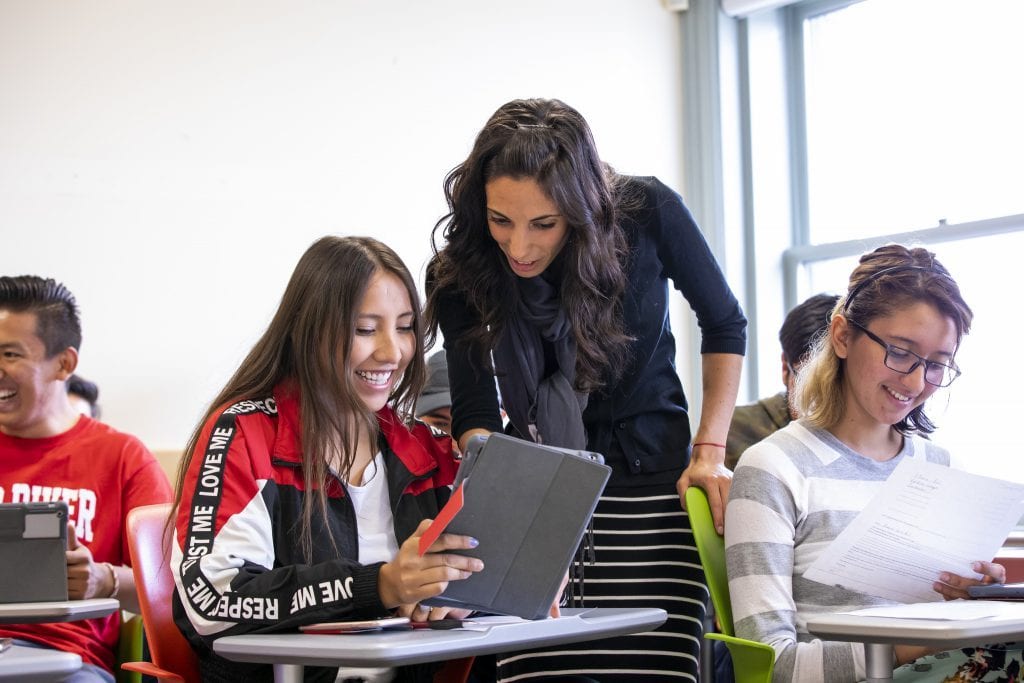Mexican students make first trip to Manitoba as part of language and cultural training initiative
Thirty post-secondary students from Mexico visited Manitoba for the first time this summer, soaking in the local culture and sharpening their English skills with help from Red River College’s Language Training Centre.
The students were here as part of the Mexican government’s Proyecta 10,000 initiative, which sent 10,000 students to locations throughout Canada to explore culture and history while practicing their English.
The students visiting Winnipeg spent nearly a month attending the College’s LTC, where they mixed classroom study with off-site excursions to sites such as FortWhyte Alive, Shaw Park and the Canadian Museum for Human Rights.
While in town, they billeted at homestays with local families, who also exposed them to such Peg-specific traditions as kayaking along the Red River and visiting the Assiniboine Park Zoo.
In order to qualify for a spot with the sought-after Proyecta program, students had to have good grades, letters of reference, and high-level language skills — though the latter improved significantly as a result of their time in the city.
“I’m astounded with how much it grew,” LTC program facilitator Carleigh Friesen said (to the Winnipeg Free Press), of the students’ fluency, vocabulary and pronunciation.
This marks the sixth year RRC has hosted a summer institute — a two- to four-week language improvement program that’s usually attended by students from the College’s sister schools in China — and the first year that RRC hosted students from Mexico, though Friesen says she hopes it won’t be the last.
“The community really embraced them,” she said.
Learn more about RRC’s Summer Institutes.

